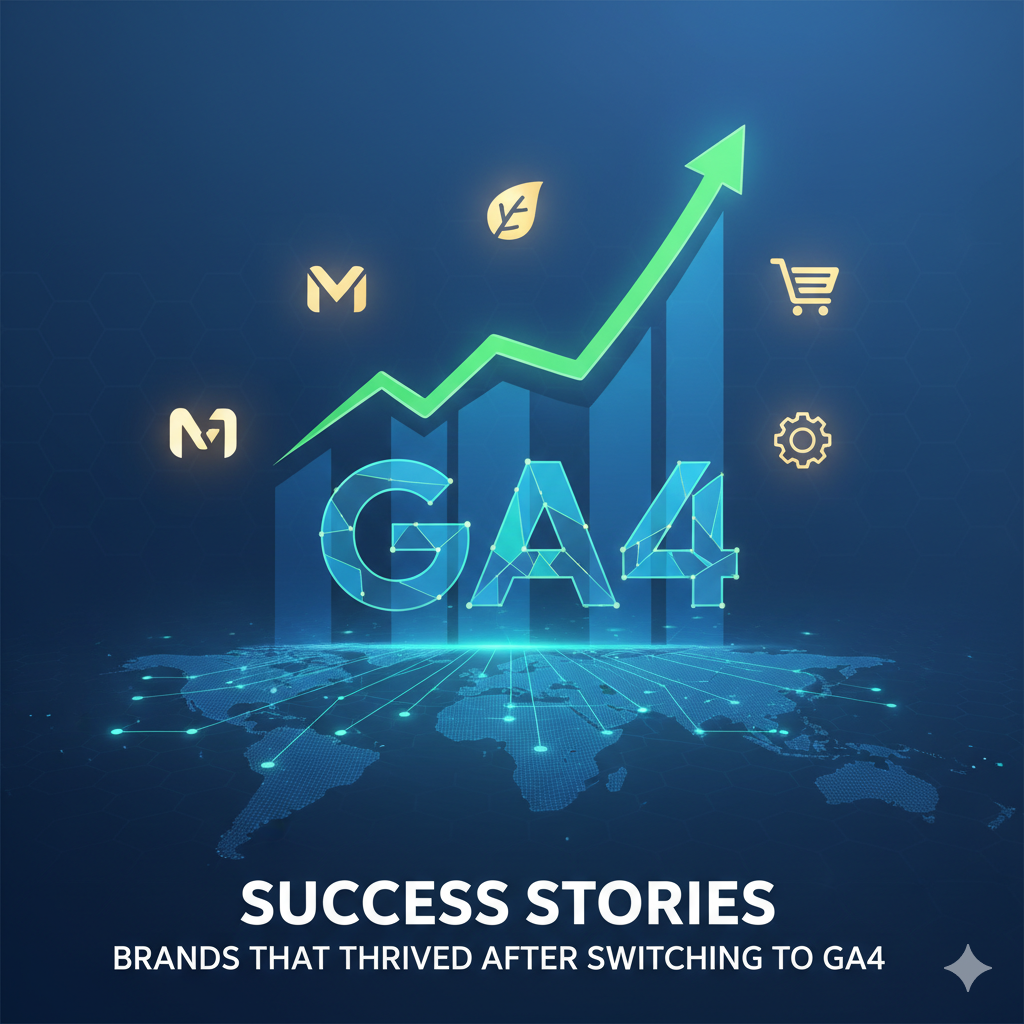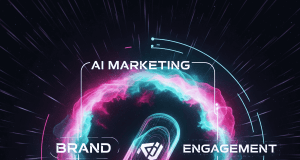In an era where digital marketing reigns supreme, businesses are constantly on the lookout for innovative strategies to optimize their returns on investment (ROI). One of the most significant advancements in this field has been the incorporation of artificial intelligence (AI). Not only has AI revolutionized how companies engage with their customers, but it has also transformed the overall effectiveness of marketing strategies. This article delves into how AI is shifting the landscape from mere clicks to tangible conversions, ultimately affecting ROI in marketing.
The Evolution of Marketing Metrics
Traditionally, marketing success was measured primarily through metrics like impressions and clicks. While these metrics are important, they don’t necessarily translate to revenue. With the advent of AI, marketers can now focus on a more holistic view, taking into account customer behavior patterns, preferences, and engagement levels. AI tools can process vast amounts of data to reveal insights that were previously obscured, enabling marketers to not only capture attention but also drive meaningful interactions that lead to conversions.
Predictive Analytics and Customer Insights
One of the most powerful applications of AI in marketing is predictive analytics. By analyzing historical data, AI can forecast future consumer behavior, allowing marketers to tailor their strategies to meet the needs of potential customers. For instance, businesses can employ AI algorithms to segment their audience more effectively, delivering personalized content and offers that resonate with individual preferences. This targeted approach not only enhances user engagement but also significantly raises the likelihood of conversion, ultimately improving ROI.
Enhancing Customer Experience
AI-powered chatbots and virtual assistants have become invaluable tools for enhancing customer experience. These technologies are capable of providing 24/7 support to consumers, addressing their queries in real-time, and facilitating seamless transactions. By ensuring that customers receive immediate assistance, businesses reduce the likelihood of cart abandonment and foster loyalty. Satisfied customers are more likely to return and make repeat purchases, thereby enhancing long-term ROI.
Automated Marketing Campaigns
Automation is another area where AI shines. With machine learning algorithms, companies can automate various aspects of their marketing campaigns—from email marketing to social media advertising. AI can optimize ad placements in real time, ensuring that businesses reach their target audience effectively while minimizing wasted expenditure. By analyzing campaign performance data, AI can also adjust strategies on the fly, ensuring that marketing efforts yield maximum results and improve ROI.
A/B Testing and Content Optimization
AI tools have revolutionized A/B testing, making it faster and more efficient. Instead of relying on manual testing, marketers can use AI to rapidly test multiple variations of campaigns in real time. This capability enables businesses to identify the most effective content, design, and messaging strategies quickly, leading to higher conversion rates. Optimizing content based on data-driven insights ensures that marketing initiatives resonate with target audiences, further enhancing ROI.
Integrating AI Throughout the Customer Journey
From initial awareness to post-purchase engagement, AI can optimize every stage of the customer journey. By mapping customers’ paths and analyzing their interactions with the brand, companies can identify potential drop-off points and implement strategies to mitigate them. For example, if data shows that customers frequently abandon their shopping carts, businesses can implement targeted email campaigns or special offers to entice these customers back, increasing the likelihood of conversion.
Measuring Success: The Impact on ROI
The integration of AI into marketing strategies not only enhances conversion rates but also offers a more accurate way to measure the success of campaigns. Marketers can track various KPIs (Key Performance Indicators) in real time, allowing for ongoing adjustments to optimize performance. This data-driven approach ensures that resources are allocated effectively, resulting in a superior ROI.
Challenges and Considerations
While AI presents numerous advantages, it is not without its challenges. The reliance on data raises concerns regarding privacy and security, necessitating that businesses prioritize ethical considerations. Moreover, the implementation of AI technologies can require substantial investment, which may not yield immediate results. Companies must carefully assess their readiness for such transformation and develop strategies to integrate AI seamlessly.
Conclusion
The impact of AI on marketing is profound and multifaceted. By shifting the focus from clicks to conversions, businesses not only enhance customer engagement but also significantly improve ROI. As AI continues to evolve, marketers who embrace these technologies are likely to stay ahead of the competition, delivering more effective campaigns that resonate with consumers and drive tangible results. By harnessing the power of AI, companies can turn potential interest into lasting relationships, ensuring sustained success in a dynamic market environment.









